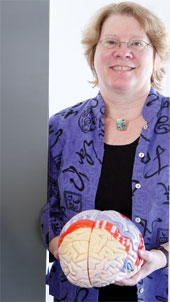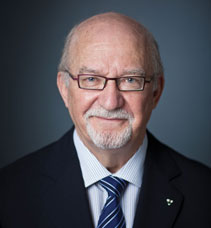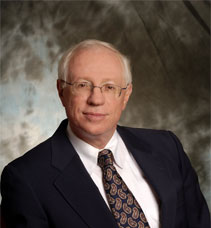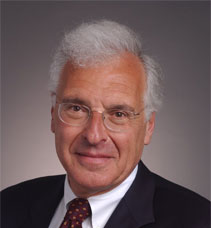A Hub of Activity
How do we keep older people’s brains working efficiently? How can we train them to work even better? Dr. Cheryl Grady is studying how brain activity varies as we age, and which areas of the brain are best for helping older adults maintain functions. Using functional magnetic resonance imaging (fMRI ), she and her colleagues are able to measure brain activities in volunteers as they are asked to learn and retrieve information. This imaging technique enables the researchers to see which areas of the brain are more active or less active as age increases. In developing our understanding of brain activity in older adults, and which parts of the brain actually help memory performance, the hope is that this knowledge can ultimately be used to design better methods of rehabilitation.
Dr. Cheryl Grady
Senior Scientist
Canada Research Chair in Canada Research Chair in Neurocognitive Aging (Tier 1), University of Toronto



